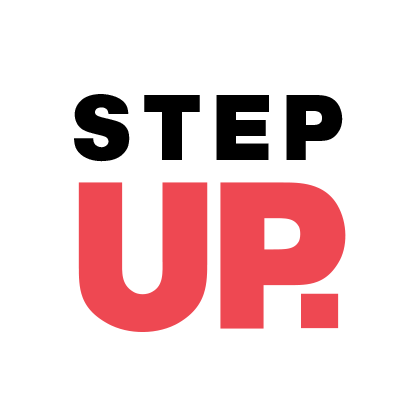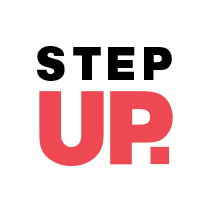So, You’re a Nurse or Health Professional
These little things can be dangerous to your patients.

So, You’re a Nurse or Health Professional
These little things can be dangerous to your patients.

Heads Up. We have a problem, and you are someone who can uniquely help solve it.
Your patients trust you to take care of them and when it comes to opioids, the little things have never mattered so much.While you may not be writing the scripts, you can inform your patients about the dangers of opioids.
Your patients may not know the tragic consequences of prescription opioids — like the fact that 75% of people who misuse opioids started by taking prescribed medications.
When the news is bad or their pain is intense there are little ways you find to help: a demonstration of compassion, an extra blanket or sitting by their side. You might not know it, but the little things you do can change the course of their life.

Heads Up. We have a problem, and you are someone who can uniquely help solve it.
Your patients trust you to take care of them and when it comes to opioids, the little things have never mattered so much.While you may not be writing the scripts, you can inform your patients about the dangers of opioids.
Your patients may not know the tragic consequences of prescription opioids — like the fact that 75% of people who misuse opioids started by taking prescribed medications.
When the news is bad or their pain is intense there are little ways you find to help: a demonstration of compassion, an extra blanket or sitting by their side. You might not know it, but the little things you do can change the course of their life.

Speak Up. Your patients need to know the dangers of opioids.
Did you know that 46% of people who were prescribed opioids are not informed by their doctor about the dangers of those medications?
If you have a chance to talk to your patient about opioid misuse, speak up.
It only takes a little to take a life.
And it only takes a little to save one.
Resources:

Speak Up. Your patients need to know the dangers of opioids.
Did you know that 46% of people who were prescribed opioids are not informed by their doctor about the dangers of those medications?
If you have a chance to talk to your patient about opioid misuse, speak up.
It only takes a little to take a life.
And it only takes a little to save one.
Resources:

Step Up. Have resources on hand for your patients.

Step Up. Have resources on hand for your patients.

Step Up. Have resources on hand for your patients.

Step Up. Have resources on hand for your patients.
Small actions.
Big results.
Here are a couple of resources to have on hand for your patients:

Want to speak a little louder?
Share your story as a healthcare professional with your state and federal representatives. It’s a little thing you can do to make a big difference in your community.
Small actions.
Big results.
Here are a couple of resources to have on hand for your patients:

Want to speak a little louder?
Share your story as a healthcare professional with your state and federal representatives. It’s a little thing you can do to make a big difference in your community.











